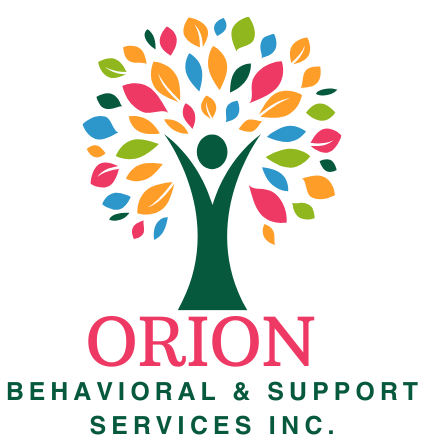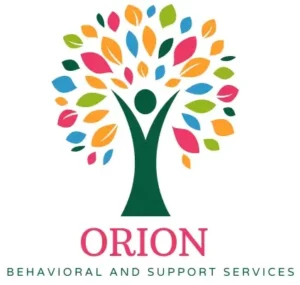Explore local options and training. Each card includes a referral link plus the page title and meta description we recommend.
Location
aba therapy hamilton
Visit Page →
Page Title: ABA Therapy Hamilton | Evidence-Based Autism Services
Meta Description: Looking for aba therapy hamilton? Book a free consult to discuss in-home and in-clinic options, caregiver training, and goal-focused programs in Hamilton.
Clinic
in clinic aba therapy
Visit Page →
Page Title: In-Clinic ABA Therapy | Structured 1:1 Learning
Meta Description: Explore in clinic aba therapy with small-group practice, sensory-aware spaces, and data-driven progress.
Location
aba therapy brampton
Visit Page →
Page Title: ABA Therapy Brampton | Autism Services & Caregiver Coaching
Meta Description: Find aba therapy brampton with flexible schedules, parent training, and collaborative school planning.
Finder
aba therapy near me
Find Nearby →
Page Title: ABA Therapy Near Me | Fast Local Matching
Meta Description: Search aba therapy near me to compare in-home and center-based availability, travel radius, and funding options.
Training
aba therapy training near me
See Training →
Page Title: ABA Therapy Training Near Me | RBT & Parent Workshops
Meta Description: Find aba therapy training near me including RBT prep, parent coaching, and advanced behavior strategies.
Location
aba therapist mississauga
Visit Page →
Page Title: ABA Therapist Mississauga | In-Home & Clinic Support
Meta Description: Connect with an aba therapist mississauga for individualized programming, play-based teaching, and collaborative goals.
Location
ABA therapy Stoney Creek
Visit Page →
Page Title: ABA Therapy Stoney Creek | Autism Services
Meta Description: Explore ABA therapy Stoney Creek options with flexible scheduling, school collaboration, and caregiver training.
Finder
autism aba therapy near me
Find Nearby →
Page Title: Autism ABA Therapy Near Me | Start Today
Meta Description: Use our locator to compare autism aba therapy near me—availability, travel, and program style in your area.

